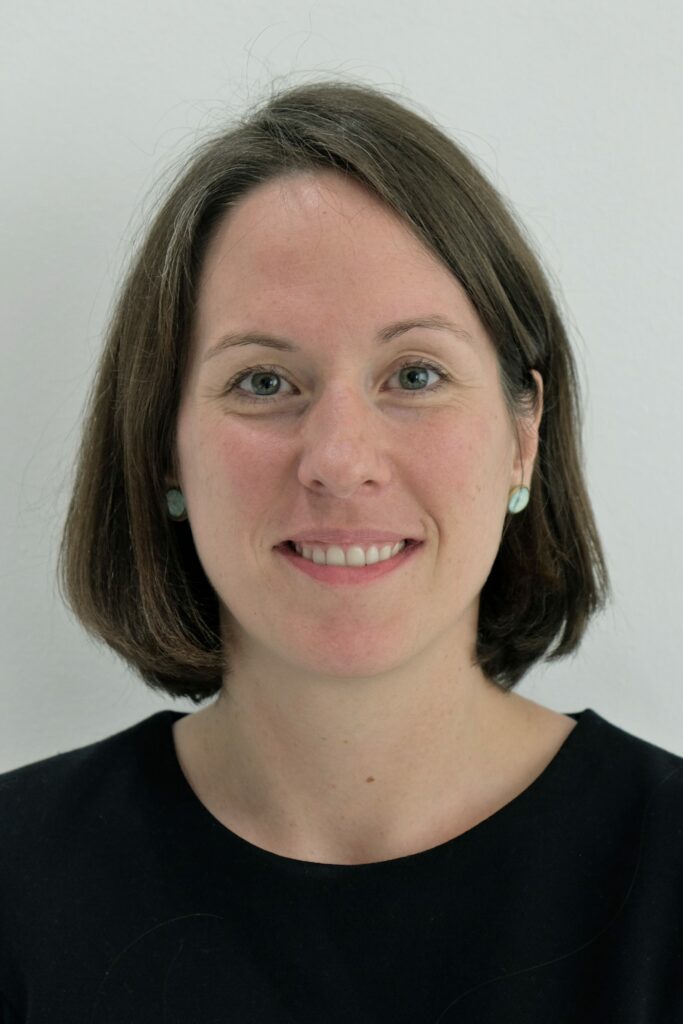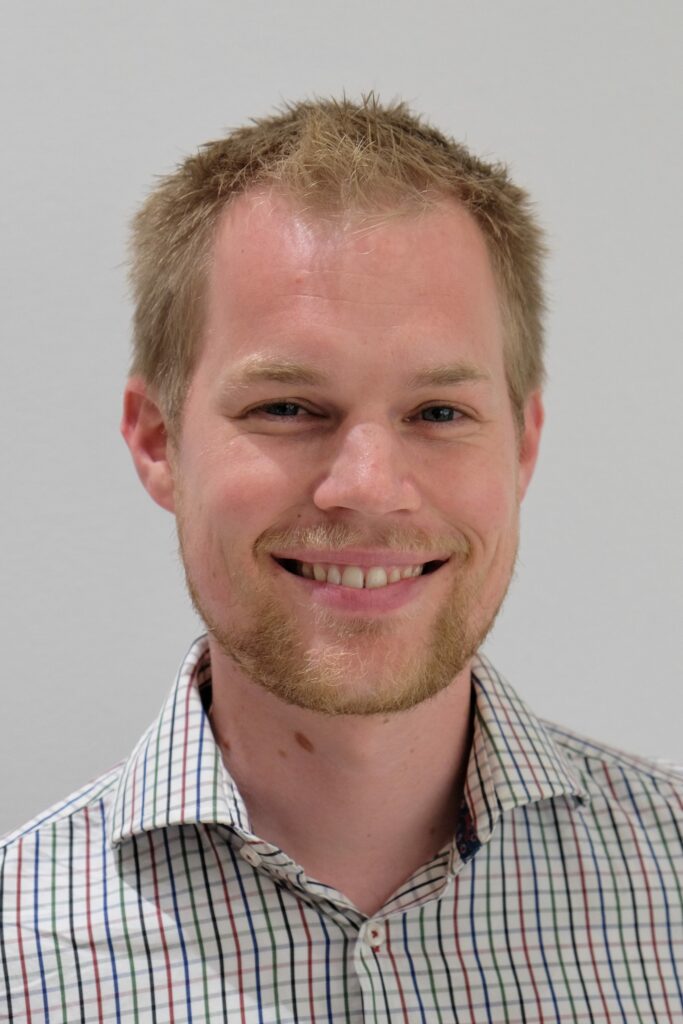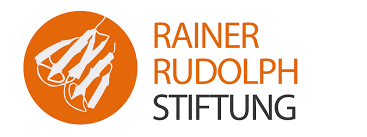
Sabine Studer received the prize for her doctoral work entitled “From structure to function – evolving de novo metalloenzymes”. Sabine was enrolled in the bachelor and the master programs in biology at the Eidgenössische Technische Hochschule (ETH) in Zurich, and subsequently she joined the group of Professor Donald Hilvert as a doctoral student, where she stayed from 2013 to 2018. Starting with a short computationally designed zinc-binding peptide, and by using multiple rounds of design and directed evolution, she was able to develop a large gobular enzyme with a very high esterase activity. In addition, she managed to increase an initially very weak Diels-Alderase activity of this enzyme by further rounds of in-vitro evolution by a factor of 10.000, and finally she solved the three-dimensional structure of this artificial enzyme. This work was published in Science and immediately received wide attention. At present, Sabine is a postdoc at Harvard Medical School in Boston.

Markus Schmid was awarded the prize for his dissertation “Development of an Adenoviral Gene Vector with Designed Shield and Adapter for Paracrine Delivery of Therapeutics.” Markus received a diploma degree in biochemistry from the Universität Tübingen, and then he joined the group of Andreas Plückthun at the Universität Zürich and worked there from 2012 to 2018 as a doctoral student. He employed protein design and directed evolution to construct a viral gene vector that is protected from attack by the human immune system by a defined protein shell, without compromising the desired infection of the target cells. Markus published his work among others in Nature Communications. At present, he works for Roche Diagnostics at Penzberg, Germany.

